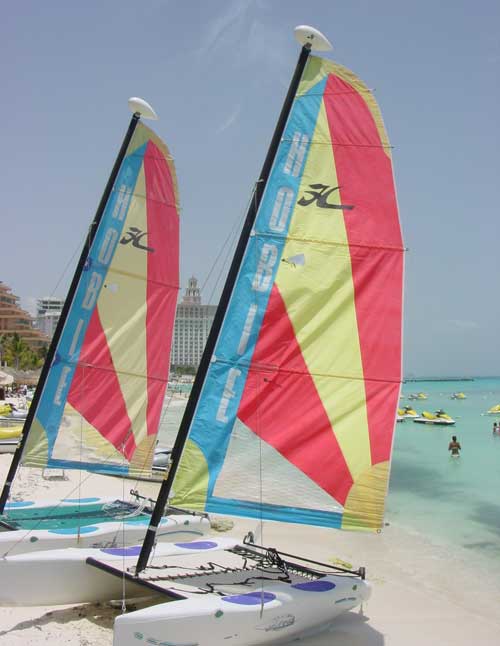Mission of the month: Sun, sea and Mayan pyramids: Mexico's Yucatán celebrates Independence Day
A series by diplomats from UK Embassies and High Commissions from around the world

Your support helps us to tell the story
From reproductive rights to climate change to Big Tech, The Independent is on the ground when the story is developing. Whether it's investigating the financials of Elon Musk's pro-Trump PAC or producing our latest documentary, 'The A Word', which shines a light on the American women fighting for reproductive rights, we know how important it is to parse out the facts from the messaging.
At such a critical moment in US history, we need reporters on the ground. Your donation allows us to keep sending journalists to speak to both sides of the story.
The Independent is trusted by Americans across the entire political spectrum. And unlike many other quality news outlets, we choose not to lock Americans out of our reporting and analysis with paywalls. We believe quality journalism should be available to everyone, paid for by those who can afford it.
Your support makes all the difference.Here in Cancún, Mexico's biggest resort, September marks the beginning of the rainy season – yet it is one of my favourite times of the year. It's the mes de la patria or "patriotic month" and sometimes it seems as though the whole country is painted in red, white and green.
On the night of 15 September the President of Mexico rings the bells of the National Palace in Mexico City and re-enacts the Grito de Dolores or "Cry from Dolores" to a crowd of over a million spectators. On the dawn of 16 September the national military parades start in the plaza and pass along Mexico City's main boulevard marking Mexican Independence Day and 'Fiesta Patria' – literally 'Holiday of the fatherland'.
Similar celebrations occur in cities and towns all over Mexico. Next year will mark two centuries of independence for Mexico, and this year's celebrations are already being considered as a dress-rehearsal for what we expect to be the biggest festivals and parties yet. The vast majority of visitors have great fun, but it's wise wherever you are in the world to keep your wits about you in crowds, dress down and avoid wearing showy jewellery or watches. Consular staff replace around 140 stolen passports every year, most of them belonging to visitors to the Yucatán Peninsula – by far the main draw, with beaches, adventure and Mayan heritage.
All of the festivities and excitement come as a welcome break following the H1N1 swine flu pandemic in April when we had to suspend non-urgent consular assistance. This allowed us to focus on the crisis – issuing emergency passports for Brits wanting to return home, liaising with the local authorities, tour operators and the British community in Mexico.
Following a decline in the number of new H1N1 influenza cases reported we no longer advise against all but essential travel.
We're also not out of the woods until November time when it comes to hurricanes. The hurricane season in Mexico normally runs from June to November and can affect both the Pacific and Atlantic coasts. So travellers to Mexico should monitor weather reports and follow the advice of the local authorities.
For travel advice on Mexico, and for travel everywhere else on the planet, see www.fco.gov.uk/travel
Join our commenting forum
Join thought-provoking conversations, follow other Independent readers and see their replies
Comments